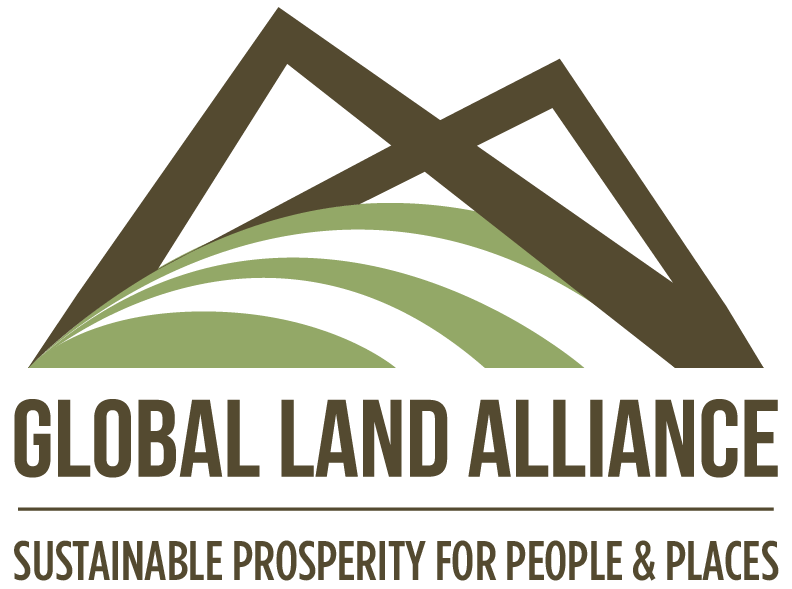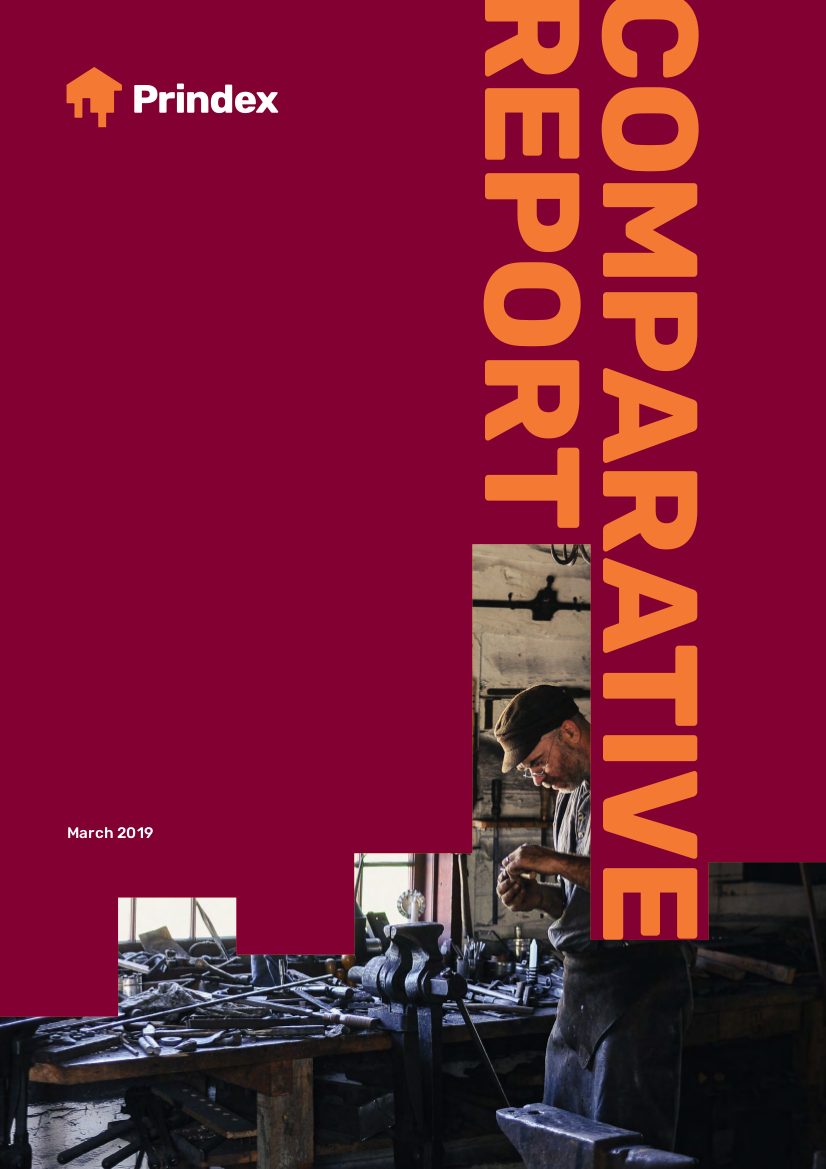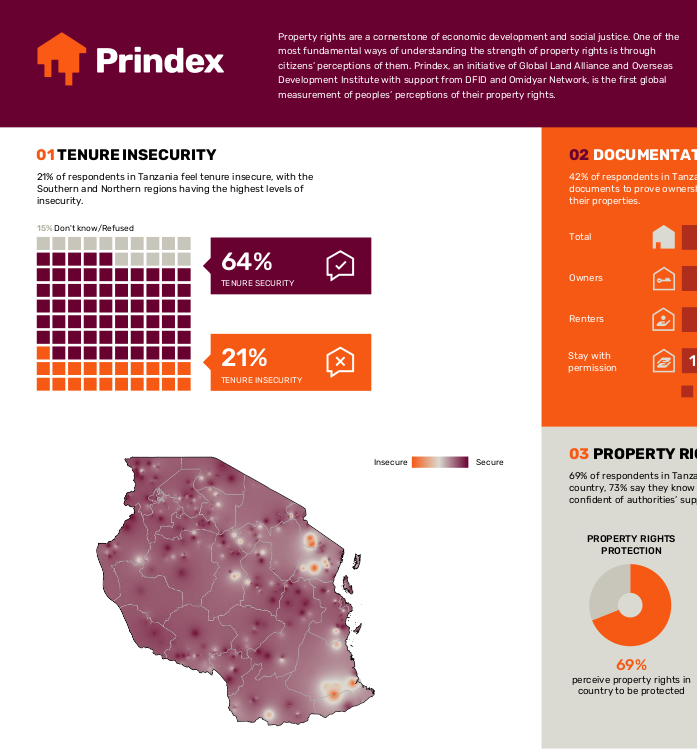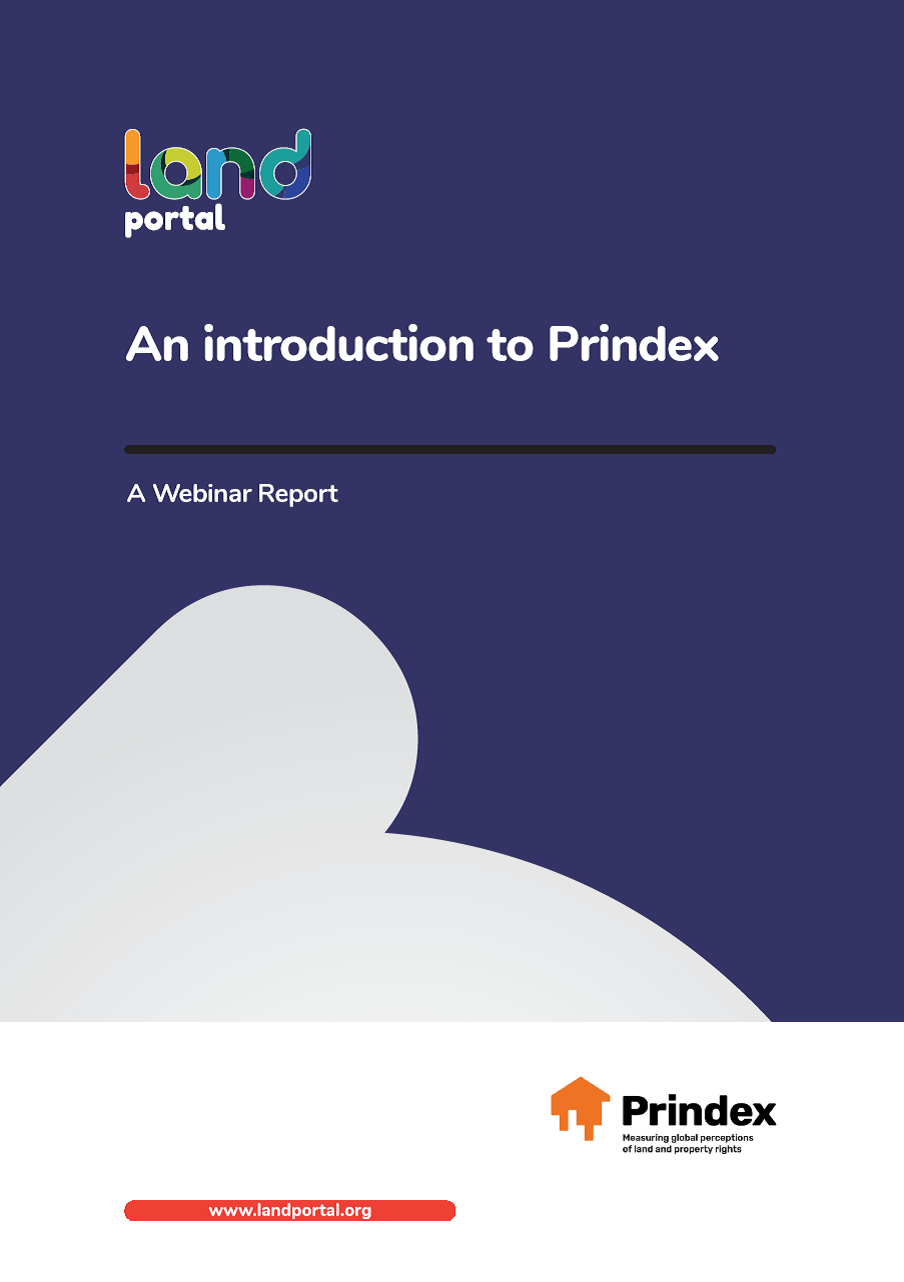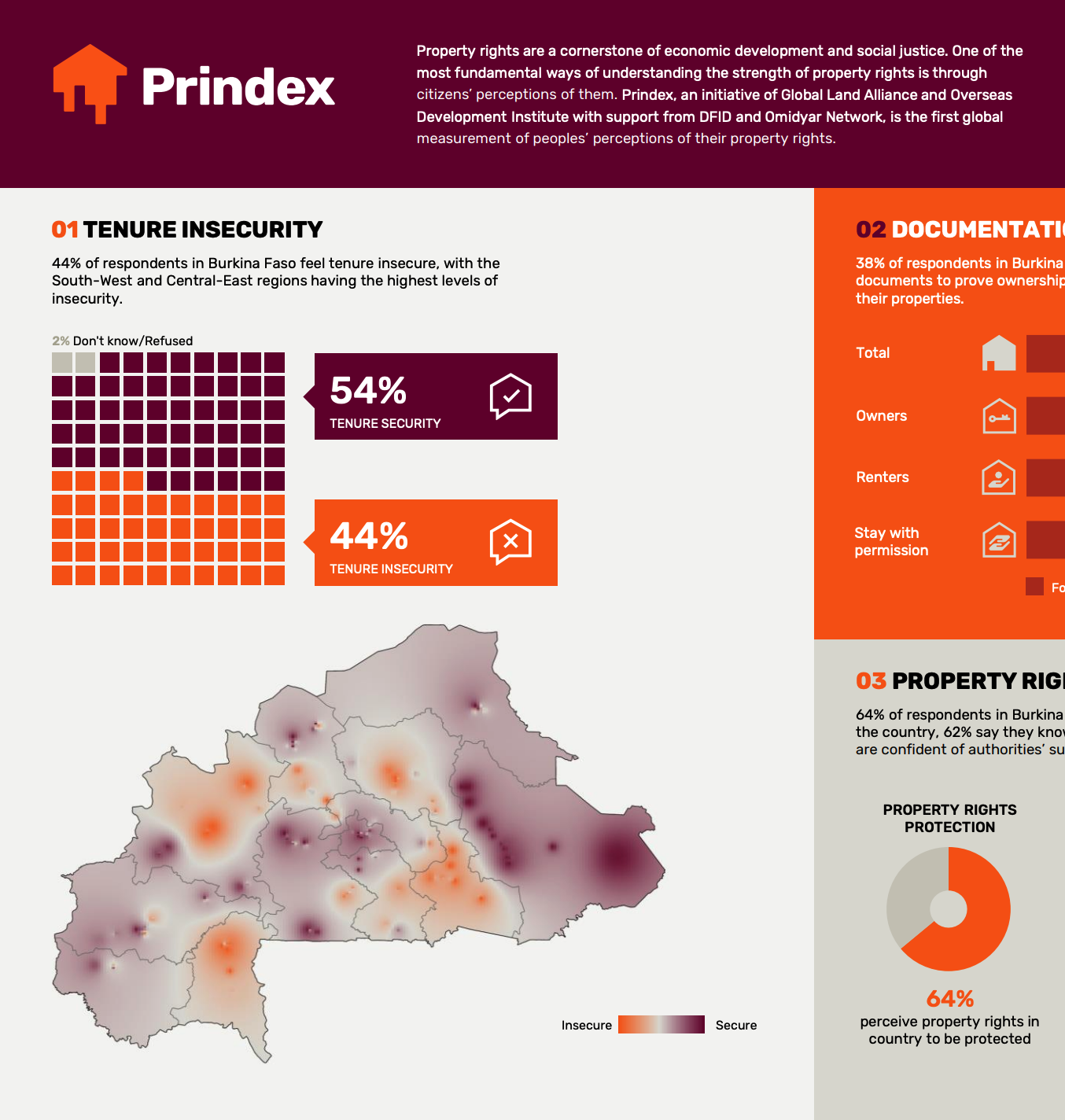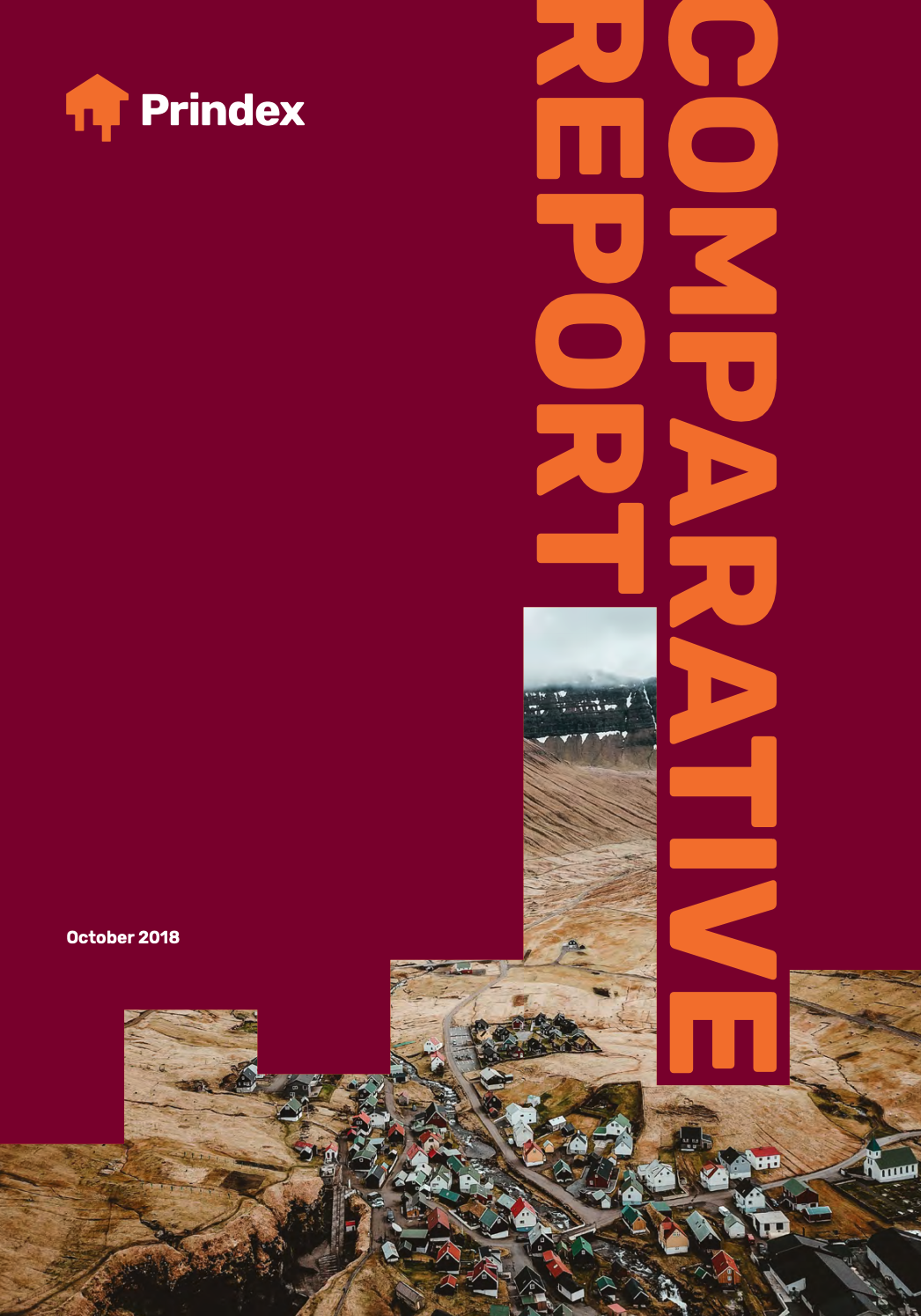Location
The mission of Global Land Alliance is to enable the prosperity of people and places by advancing learning and practice to achieve land tenure security and the efficient, inclusive and sustainable use of land and natural resources.
We aim to accelerate quality development by resolving land issues with new paradigms of participation and accountability. We are a think-and-do tank focused on resolving land issues to address four critical development challenges:
- Food security and the challenge of sustainable food systems.
- Environment and the challenge of sustainable ecosystems.
- Urbanization and the challenge of sustainable cities.
- Conflict and the challenge of sustainable peace.
Global Land Alliance takes the traditional think tank model a step forward, not only producing new understanding and recommendations based on on-the-ground perspectives of citizens, community leaders and businesses, but also channeling those learnings toward practical implementation at scale. By scaling and speeding up resolution of land issues, we can scale up and speed up improved results in the big issues of our time: urbanization, food security, environmental sustainability and peace.
Global Land Alliance is committed to finding solutions to the complex development challenges of cities, rural landscapes and forests through the power of allying local, national and international resources in innovative ways. We seek to harness the values inherent in land, place and natural resources to drive socially inclusive and ecologically-grounded development. We act as a catalyst for change by mobilizing local action, managing knowledge, driving accountability, and developing long-term capacities. We seek to be a positive disrupter of status quo situations that keep people in poverty and insecurity, misuse resources and inhibit local growth.
Members:
Resources
Displaying 6 - 10 of 29Prindex Comparative Report, March 2019
Property rights are a cornerstone of economic development and social justice. A fundamental way of understanding the strength of property rights is through citizens' perceptions of them. Yet perceptions of tenure security have never been collected at a global scale.
18 Country Infographics (Prindex)
Wave 2 country infographics in one document. Countries include: Benin, Bolivia, Cambodia, Colombia, Ghana, Indonesia, Jordan, Kenya, Malawi, Mexico, Morocco, Niger, Nigeria, Tanzania, Tunisia, Uganda, United Kingdom and Vietnam
An Introduction to Prindex
The webinar An introduction to Prindex took place on 28 November, 2018. This webinar presented a basic understanding of how Prindex works. The Prindex team presented results of data collected from 15 countries. It focused on pathways for using Prindex to propel policy conversations and movement-building for policy reform with the help of panellists from some of the countries where data was collected.
Panelists were asked to address the following questions:
15 Country Infographics
Wave 1 country infographics in one document. Countries include: Burkina Faso, Cameroon, Costa Rica, Cote D'Ivoire, Ecuador, Honduras, Liberia, Madagascar, Mozambique, Namibia, Peru, Rwanda, Senegal, Thailand, Zambia.
Prindex Comparative Report, October 2018
Property rights are a cornerstone of economic development and social justice. A fundamental way of understanding the strength of property rights is through citizens' perceptions of them. Yet perceptions of tenure security have never been collected at a global scale.

